(TN&MT) - On February 17, at the 9th Extraordinary Session, the 15th National Assembly held a discussion session in the hall on the draft Resolution of the National Assembly on piloting a number of policies to remove obstacles in science, technology, innovation and digital transformation activities.
On February 17, at the 9th Extraordinary Session, the 15th National Assembly held a discussion session in the hall on the draft Resolution of the National Assembly on piloting a number of policies to remove obstacles in science, technology, innovation and digital transformation activities.
The session chaired by Vice Chairman of the National Assembly Nguyen Duc Hai attracted the attention of many National Assembly deputies, with profound contributions on mechanisms and preferential policies to promote science, technology, innovation and digital transformation activities in Vietnam.
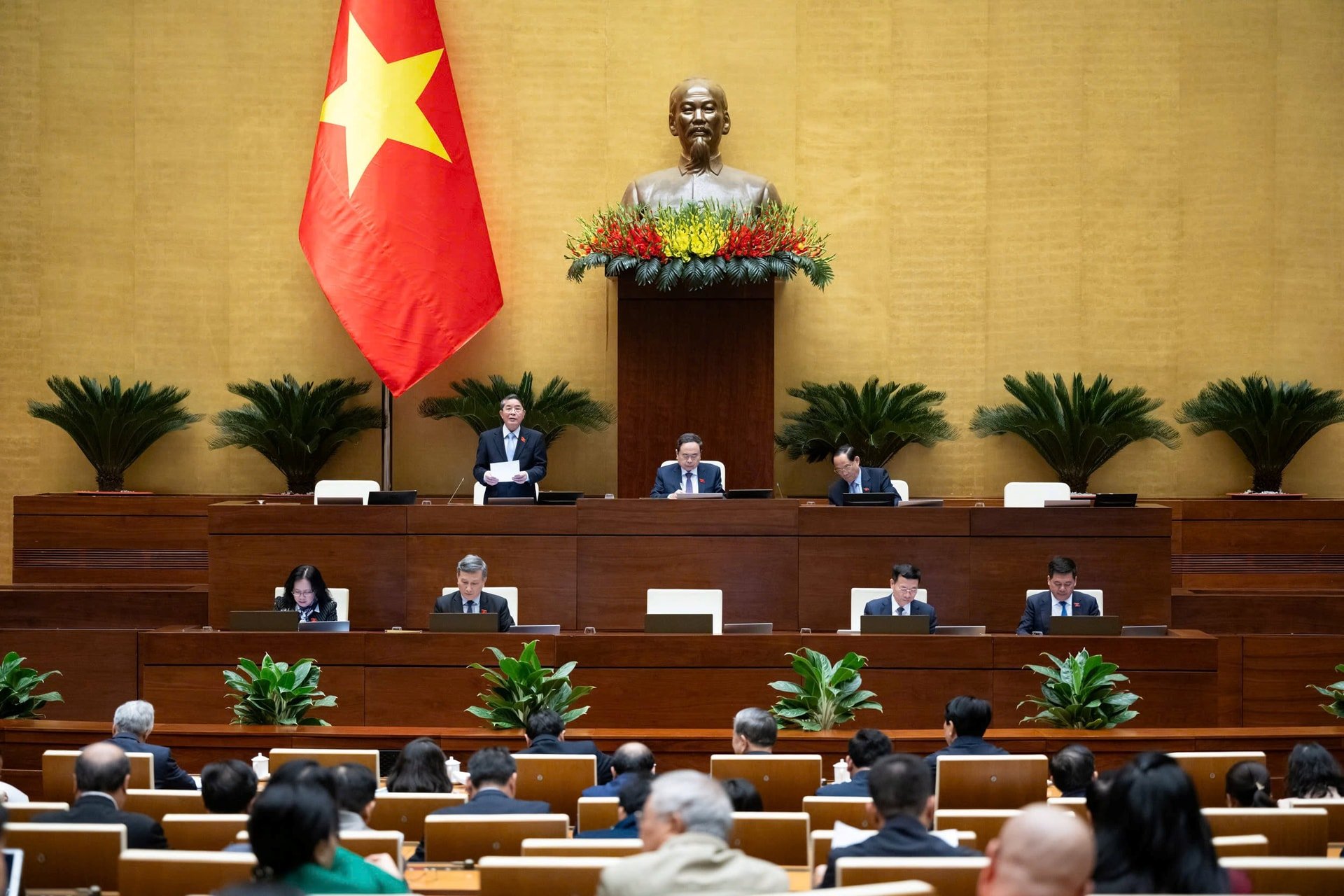
Pilot Resolution: Outstanding Mechanisms and Policies
The draft Resolution is aimed at removing current obstacles in science, technology, innovation and digital transformation activities. The main goal is to create specific mechanisms and policies to promote national digital transformation, turning digital transformation into a strong driving force in the country's industrialization and modernization. The Resolution also affirms the important role of advanced digital infrastructure and Vietnam's digital technology industry in achieving the target of sustainable economic growth of 8% in 2025 and towards double-digit growth in the following years.
The scope of the Resolution includes the development of mechanisms to remove financial expenditures from the state budget for organizations and human resources in public science and technology organizations. As well as policies to promote the commercialization of research results, develop strategic technologies and create specific mechanisms and policies on investment, bidding, and finance for national digital transformation. One of the important contents is measures to help remove obstacles in the development of digital infrastructure and strategic digital technology industry.
Ensuring output for scientific research
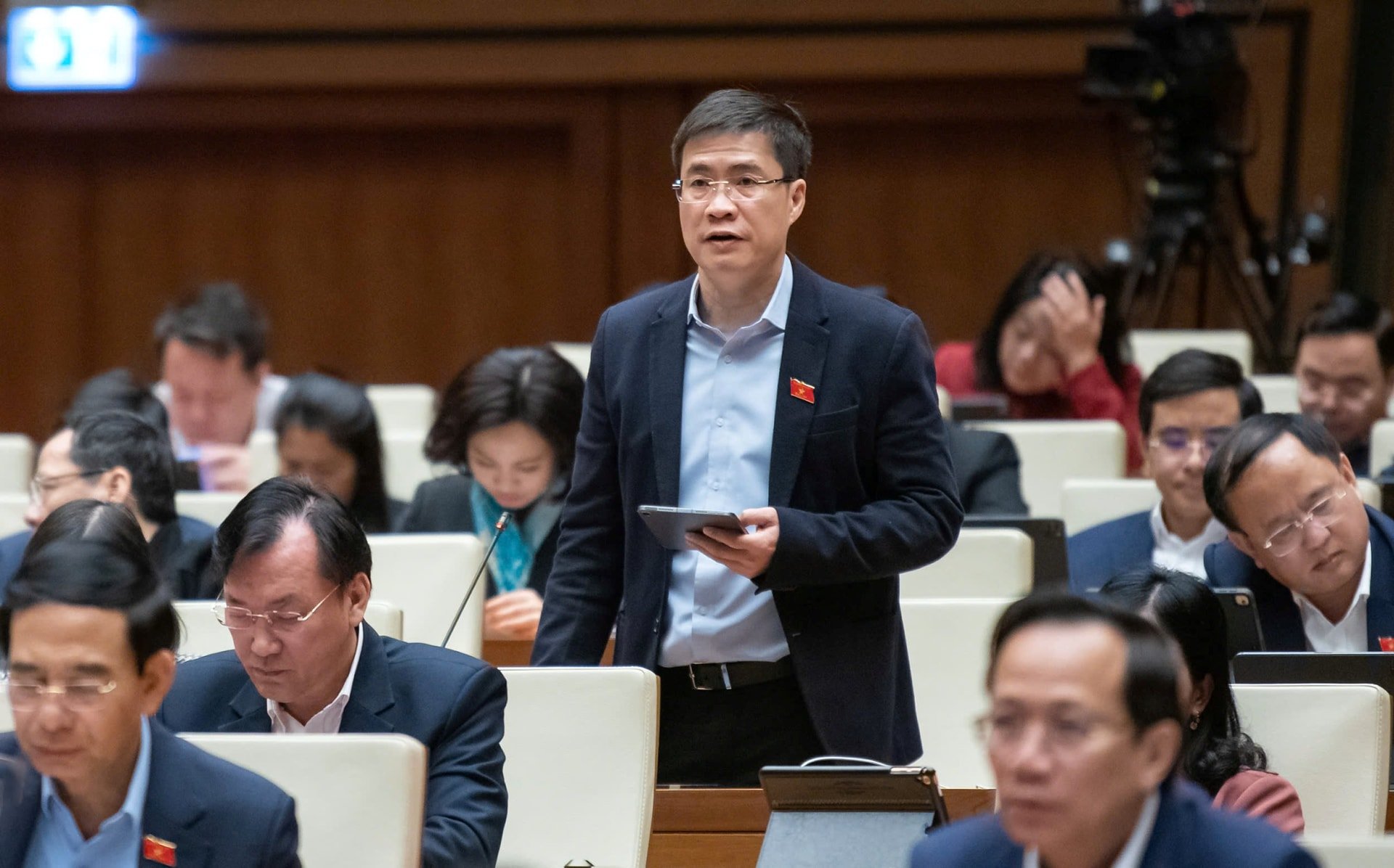
During the discussion session, many National Assembly deputies expressed their agreement with the need to issue this Resolution and discussed in depth policies to ensure "output" for domestic scientific research results. Delegate Hoang Minh Hieu - National Assembly Delegation of Nghe An province emphasized the need to supplement specific policies so that the State becomes the first and most important customer for domestic scientific and technological research results. He gave a typical example of the semiconductor chip manufacturing industry, saying that without State programs on the consumption and use of research products in the 1950s and 1960s, the semiconductor chip industry would not have had enough resources and motivation to develop as it does today.
Delegate Hoang Minh Hieu also said that although the current legal system mentions this issue, the provisions in the Law on Bidding and the Law on Science and Technology are not specific enough and are not highly feasible in practice. Therefore, it is necessary to study to remove obstacles and soon put this policy into practice.
Supplementing preferential mechanisms for domestic science and technology products
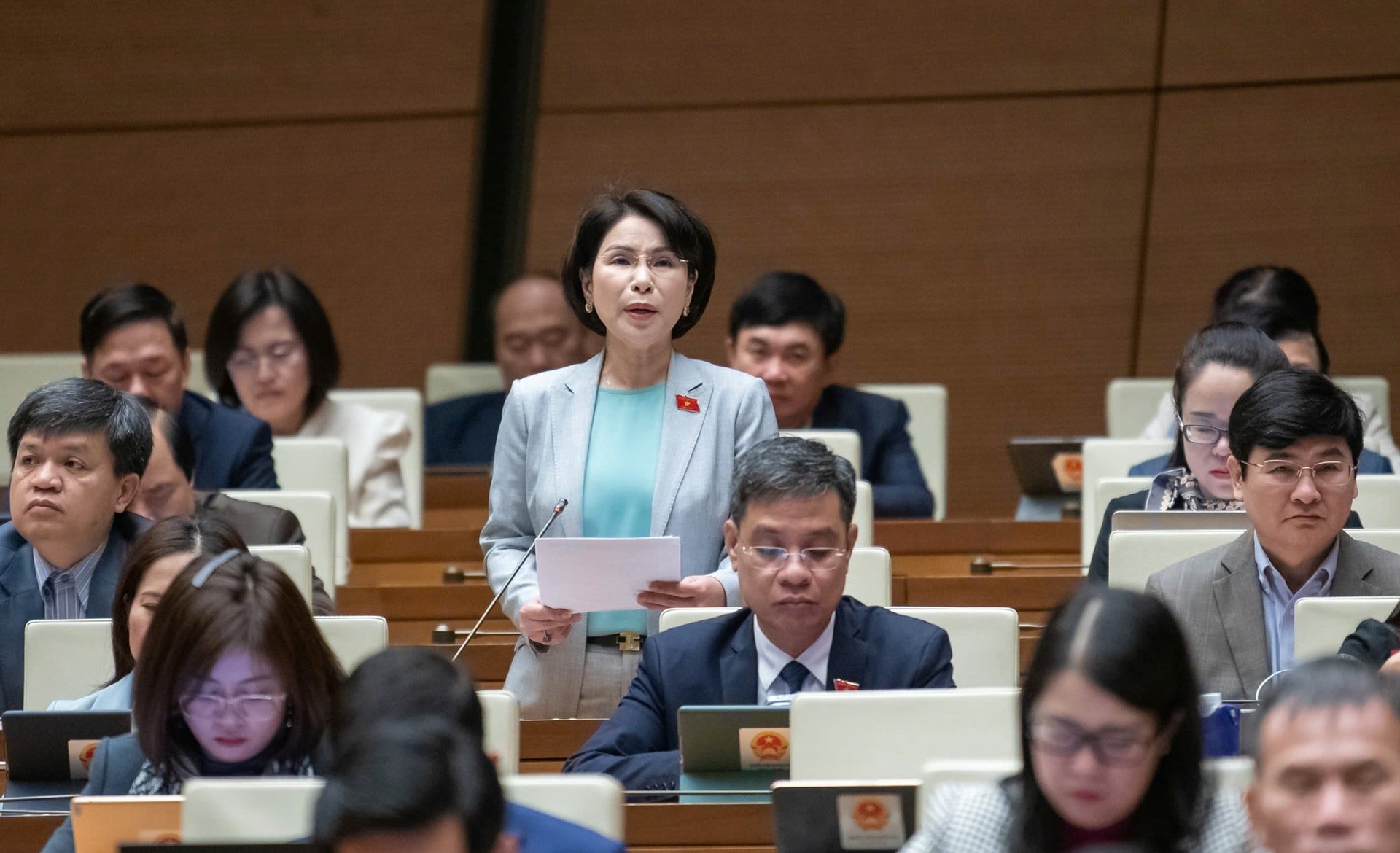
Delegate Tran Thi Nhi Ha - National Assembly Delegation of Hanoi also gave her opinion on this issue. She said that for ordered scientific and technological products and services, after successful research and acceptance, the ordering unit can sign a contract directly with the research unit without having to comply with the provisions of the Bidding Law. She also suggested that ministries, branches and localities should allocate at least 20% of the budget to order domestic scientific and technological products. Ministries, branches and localities need to issue an annual list of scientific and technological products that need to be researched so that organizations, state units, private enterprises, and even individuals can register to participate and receive output support when the research is successful.
Disclaimer in Scientific Research
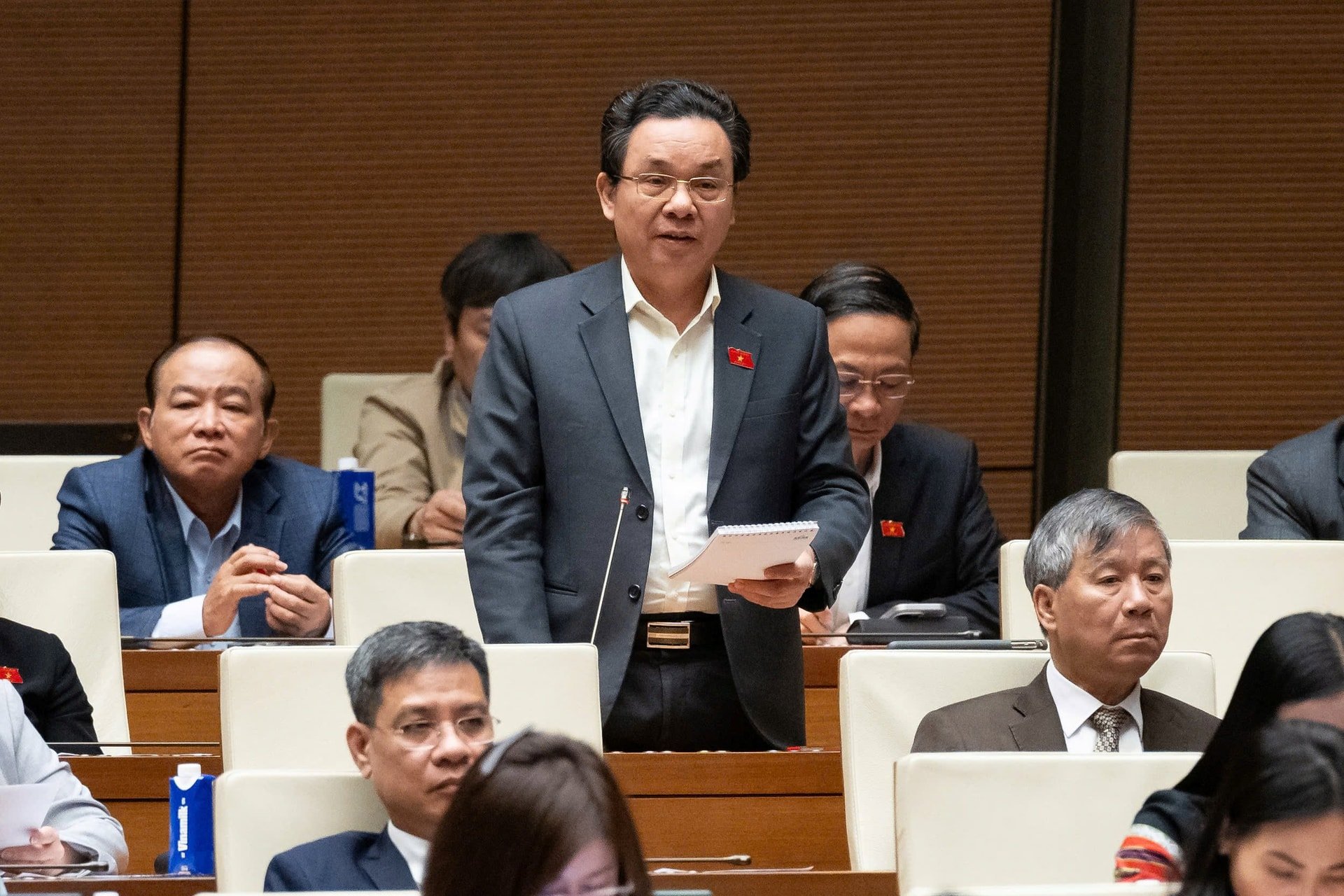
In the comments on the policy of exemption from liability for scientific research, delegate Hoang Van Cuong - National Assembly Delegation of Hanoi highly appreciated the Government's proposal to regulate the acceptance of risks in scientific research and technology development. He said that this will help to remove many difficulties and create confidence for scientists in research work. However, he also had concerns about the provisions in Article 6 of the draft Resolution, related to exemption from liability if the research results do not meet the requirements when the correct procedures and regulations have been followed.
To clarify this content, delegate Hoang Van Cuong proposed to amend Article 6 of the draft Resolution in the direction that "when the research process that the project has registered for has been properly implemented but the results are not achieved, the funding does not have to be refunded". This is a proposal to clarify the responsibilities and rights of scientists when participating in experimental research.
Exemption from criminal and civil liability in scientific research
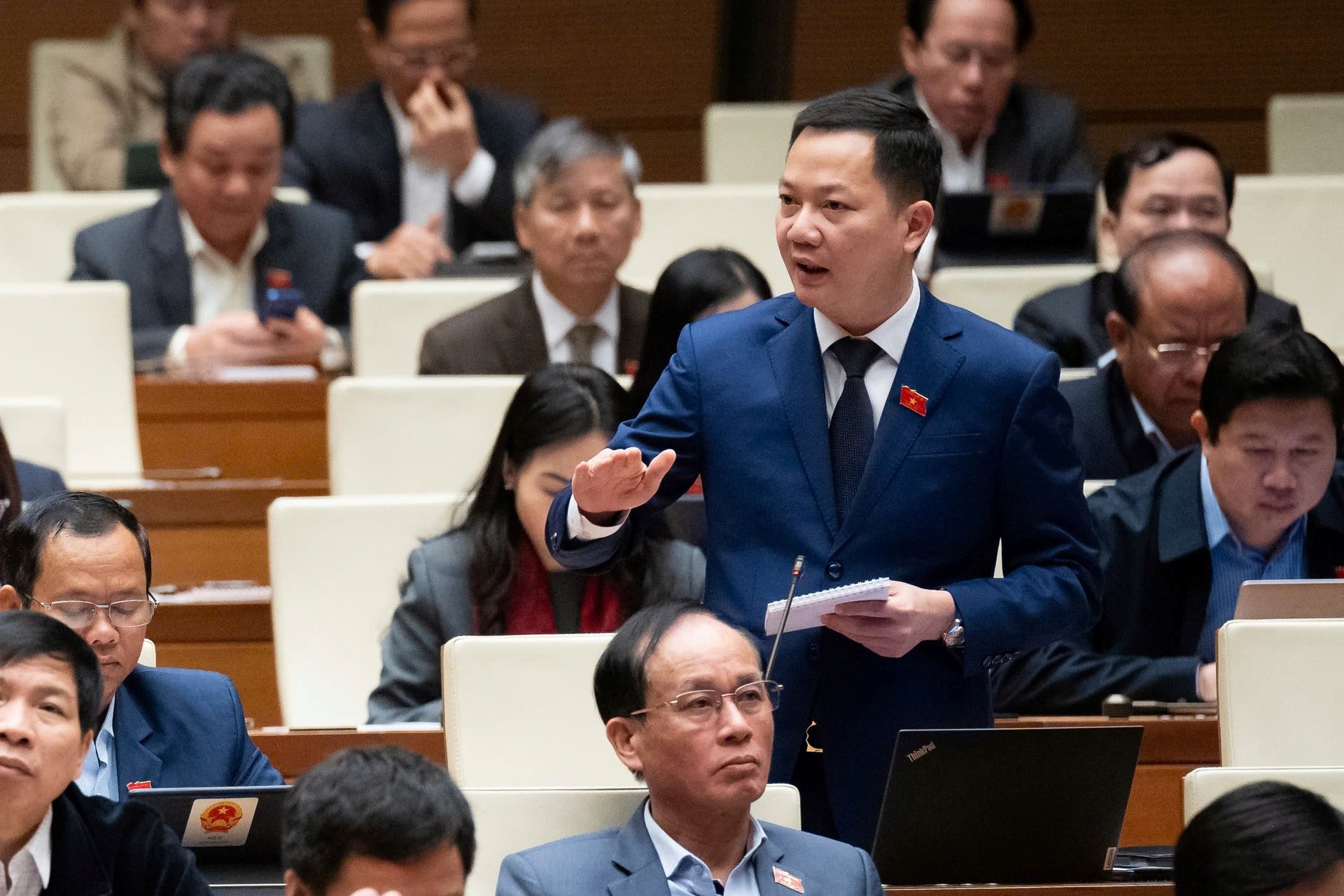
Delegate Trinh Xuan An - National Assembly Delegation of Dong Nai province also had profound opinions on this issue. He said that exemption from civil liability in scientific research is reasonable, but if there is only a mechanism for exemption from civil liability, it will not cover all real-life situations. Therefore, he suggested that it is necessary to further study the exemption from criminal liability for organizations and individuals conducting scientific and technological research projects if they have fully complied with the process and ensured objectivity. This will be an important factor to minimize risks for scientists, helping them to be more confident in the research process.
Delegate Trinh Xuan An also said that in cases of causing damage to the State and other organizations and individuals, civil liability should also be exempted. In addition to civil liability exemption, criminal liability exemption should be studied for pilot implementation in the Resolution, as a basis for regulations in other legal documents in the future.
Adding risk precautions in research
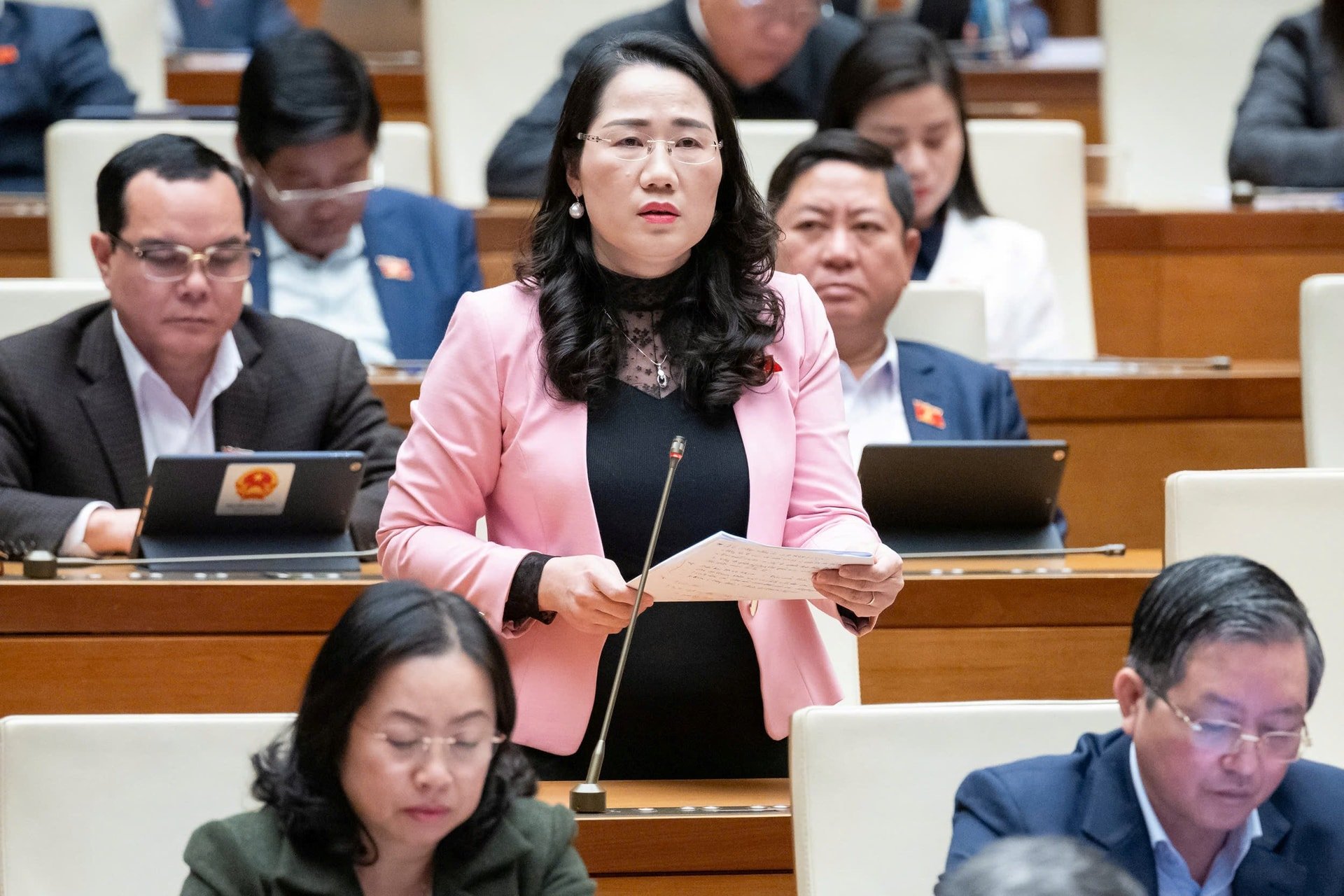
Some other opinions also emphasized that the exemption from civil liability should only be applied to research topics that cause damage to the State, while if damage is caused to other organizations and individuals, compensation must still be made according to the provisions of the Civil Code. Delegate Nguyen Thi Thuy - National Assembly Delegation of Bac Kan province stated so and also added that the exemption from civil liability must go hand in hand with the full application of preventive and testing measures during the scientific research process.
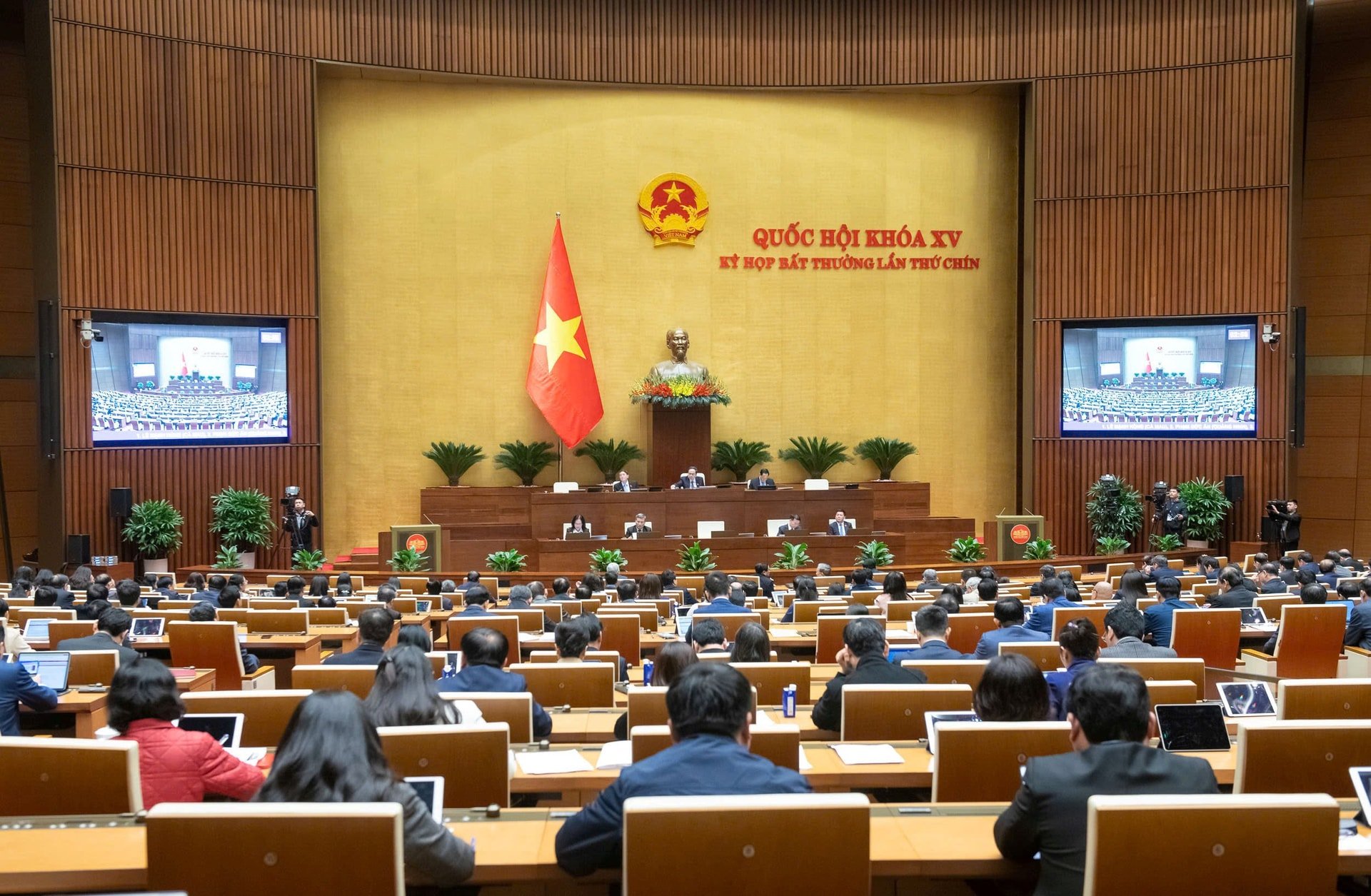
Concluding the session, Vice Chairman of the National Assembly Nguyen Duc Hai highly appreciated the contributions of the National Assembly deputies. He emphasized that all opinions were constructive, demonstrating deep concern for removing obstacles in science, technology, innovation and national digital transformation activities, contributing to the implementation of the Party's policies and Resolution No. 57-NQ/TW. Opinions on the autonomy mechanism of public scientific organizations, management of state budget funds, product allocation and science and technology development funds will be carefully studied by the drafting agency and relevant agencies to complete the draft resolution.
The Vice Chairman of the National Assembly also directed the National Assembly Standing Committee to closely coordinate with the verification agencies and drafting agencies to fully absorb and explain the comments to submit to the National Assembly for consideration and decision in this session.
Source: https://baotainguyenmoitruong.vn/dbqh-de-nghi-bo-sung-co-che-uu-dai-cho-san-pham-khoa-hoc-cong-nghe-trong-nuoc-386692.html








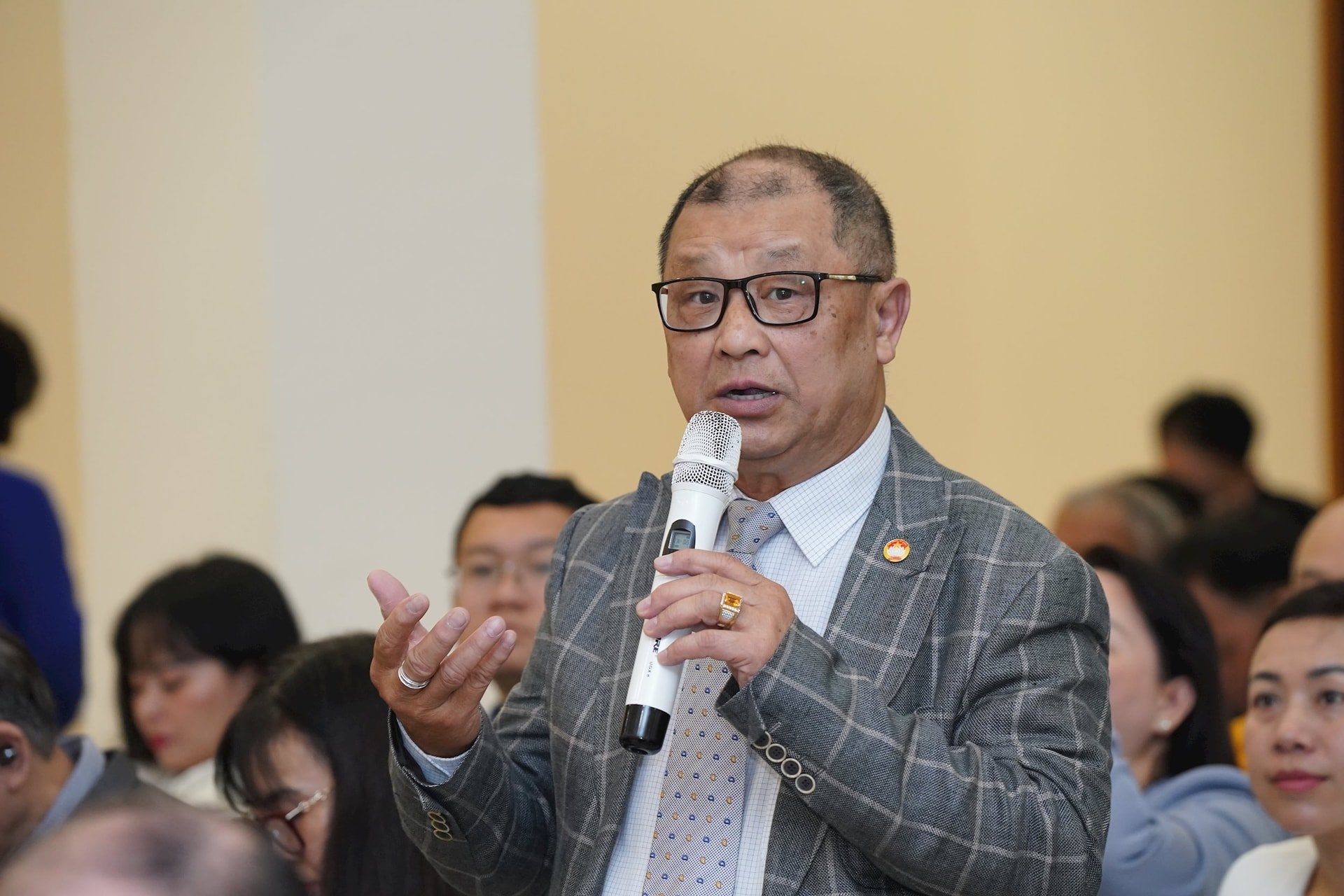

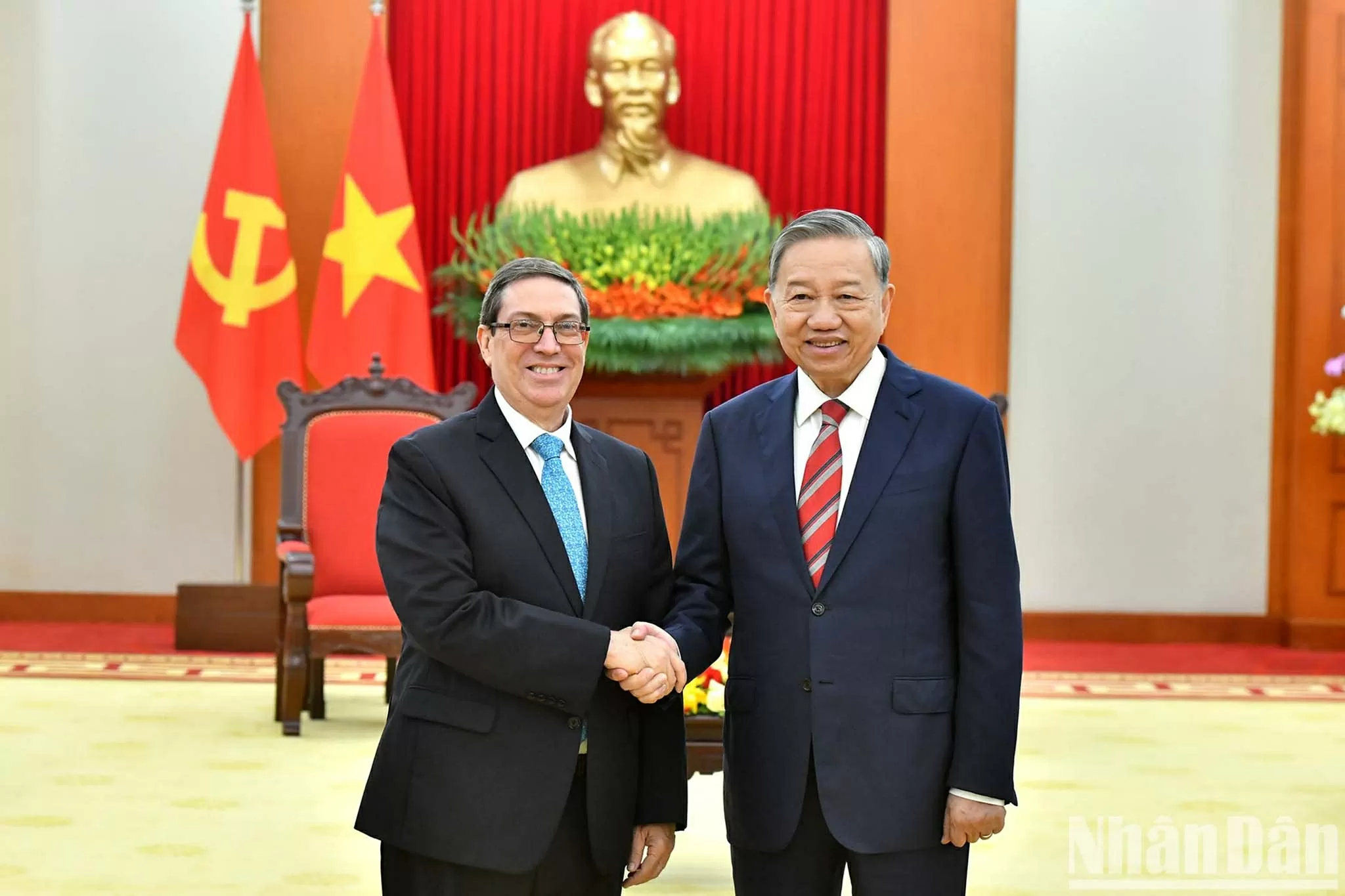

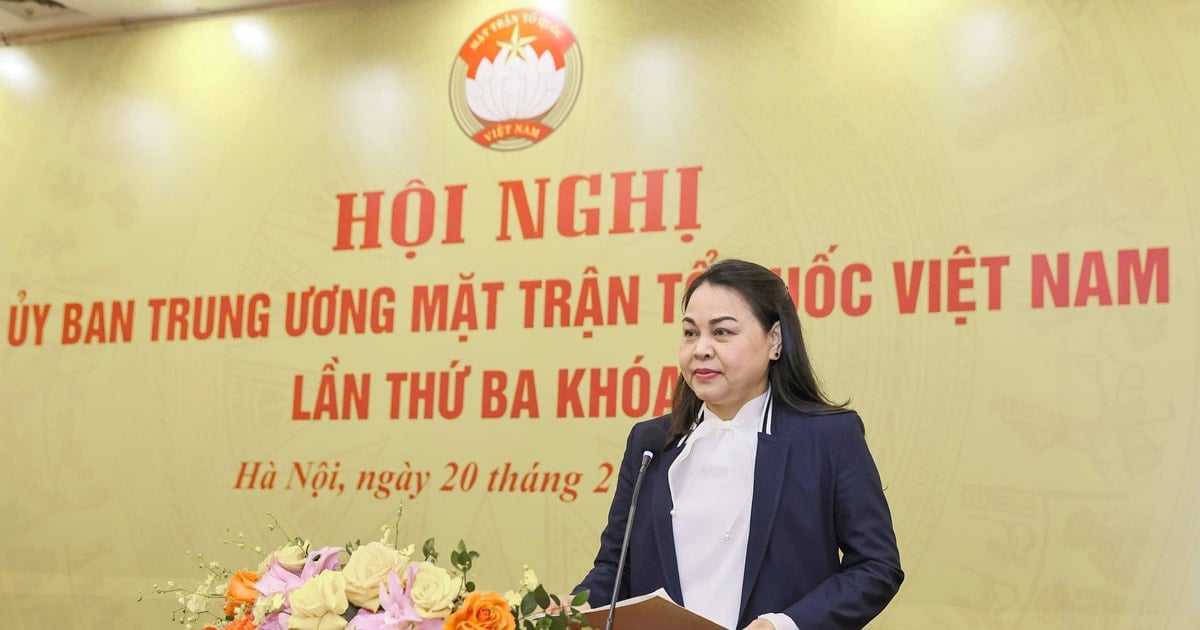
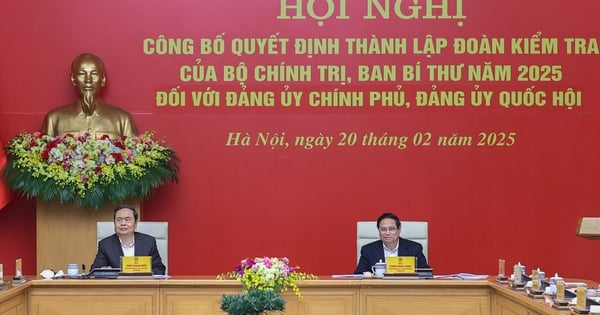

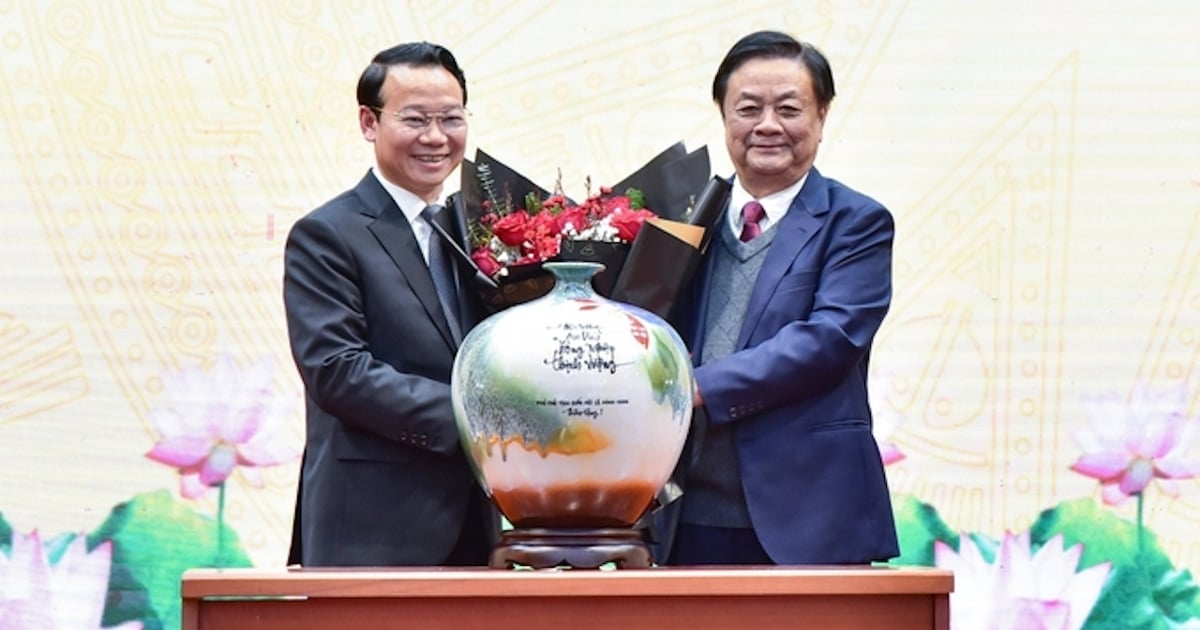

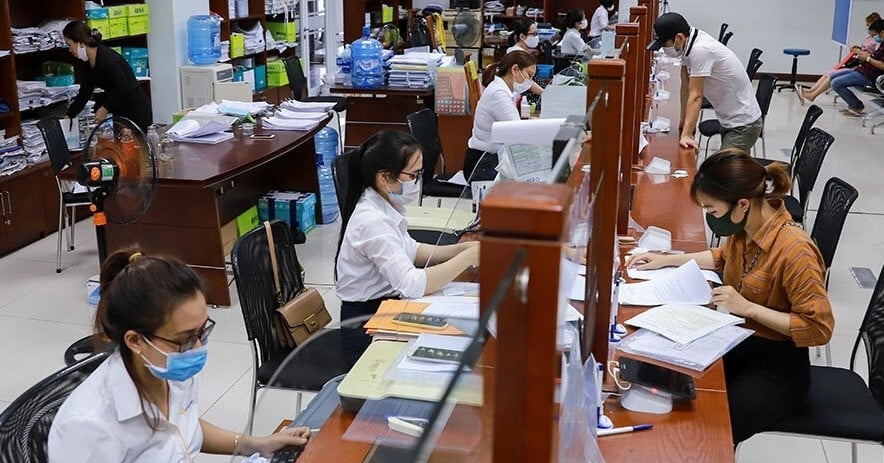

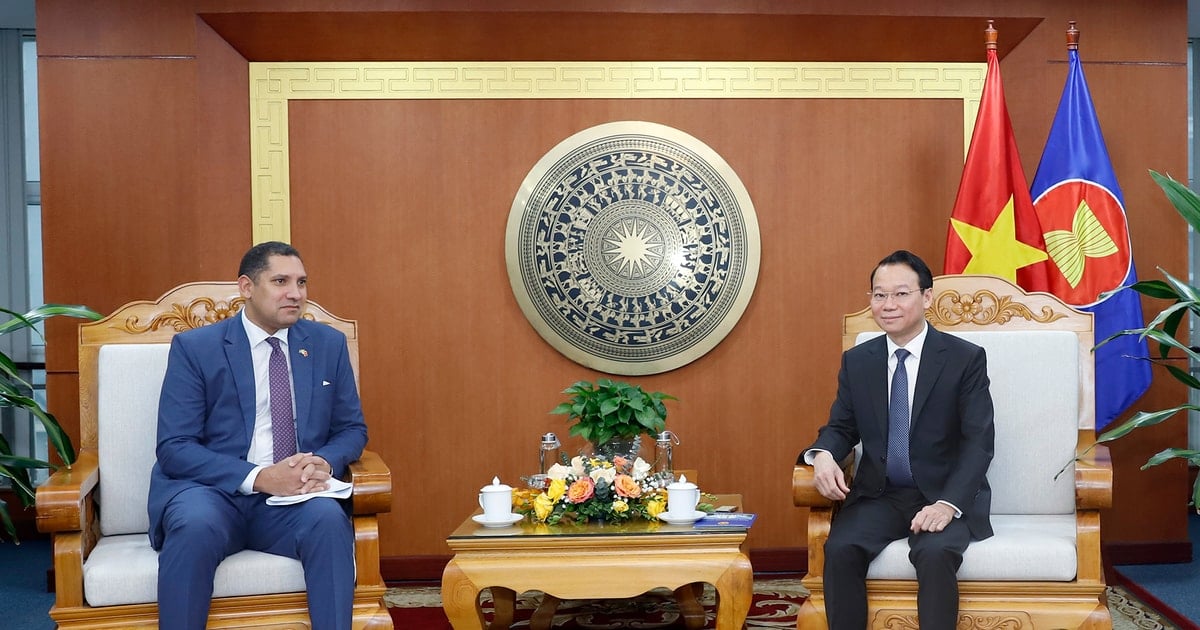
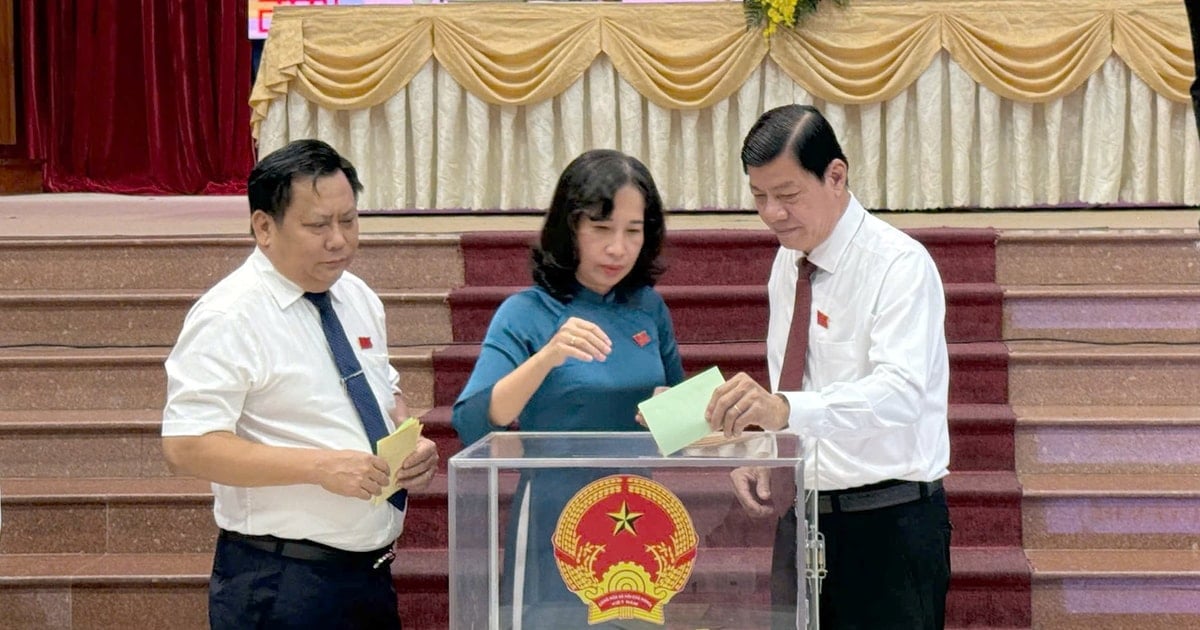
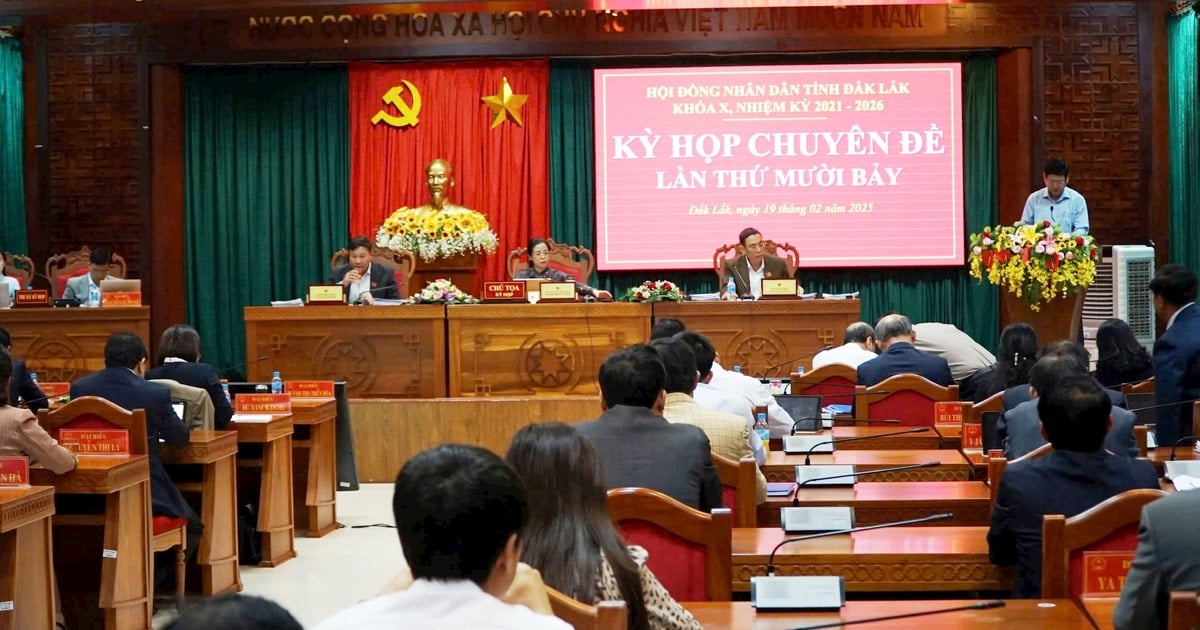
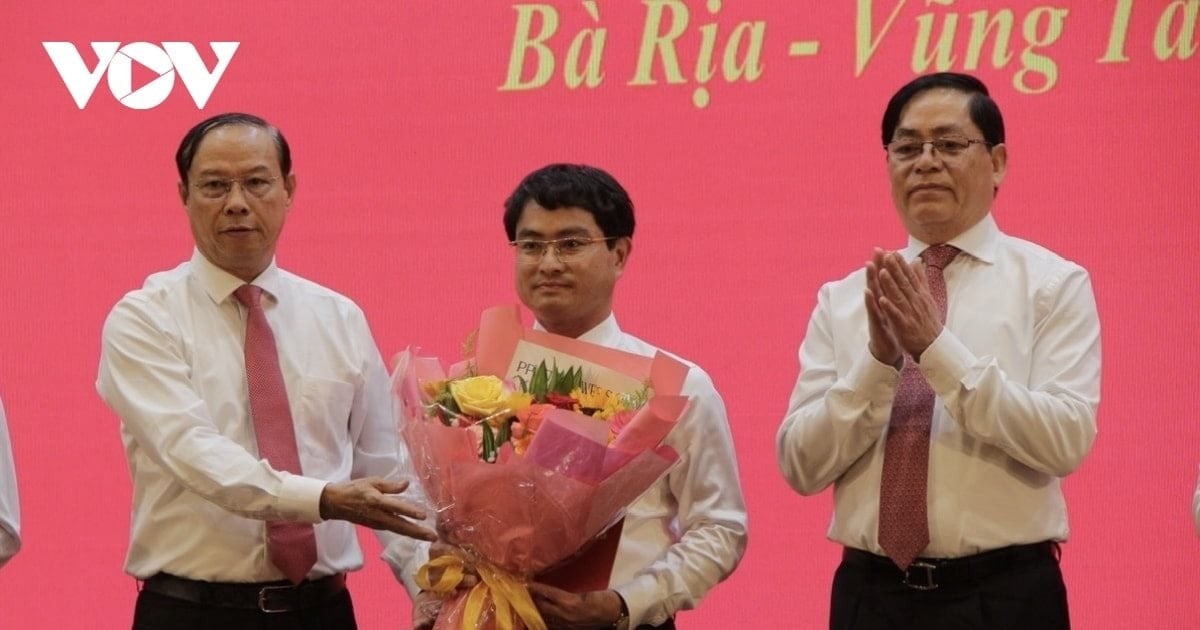
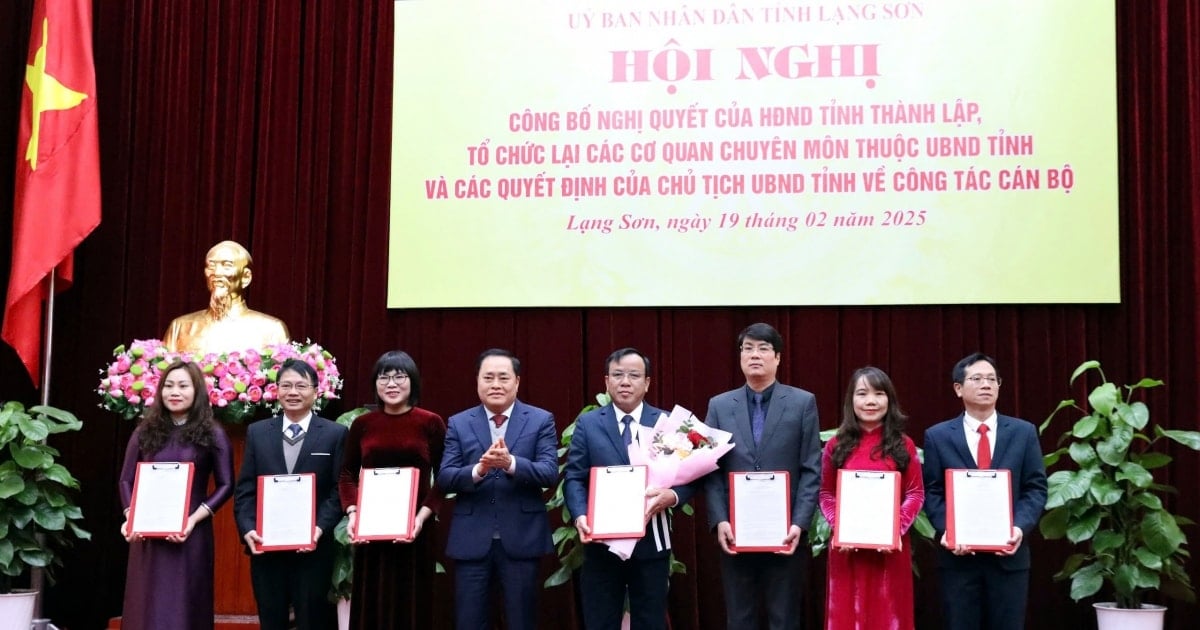
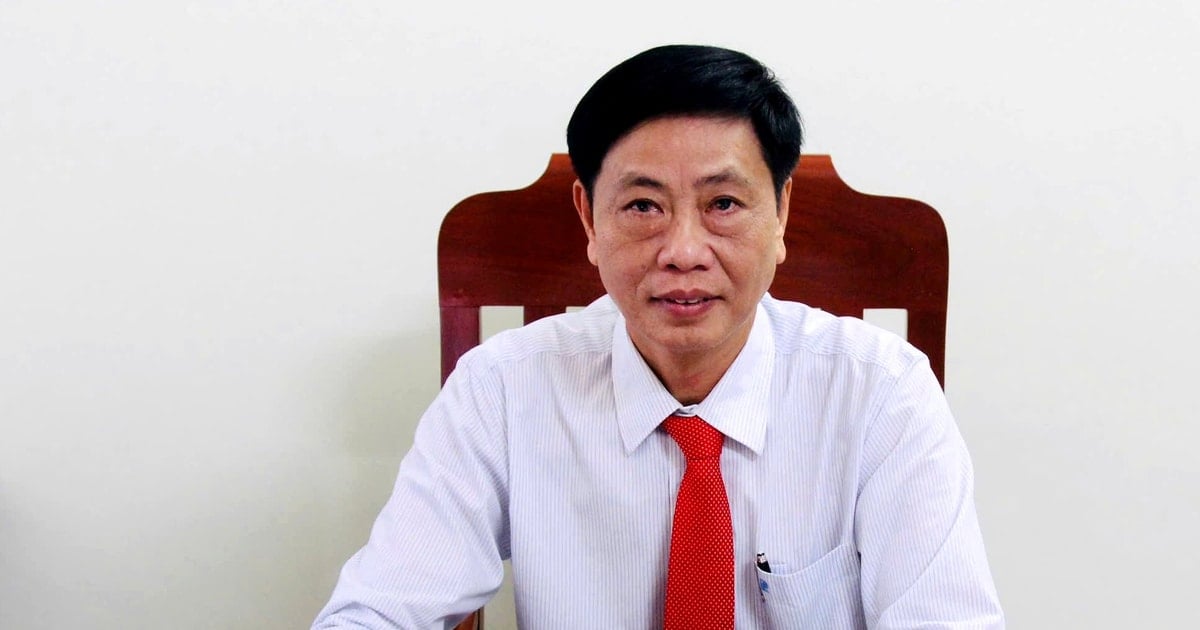
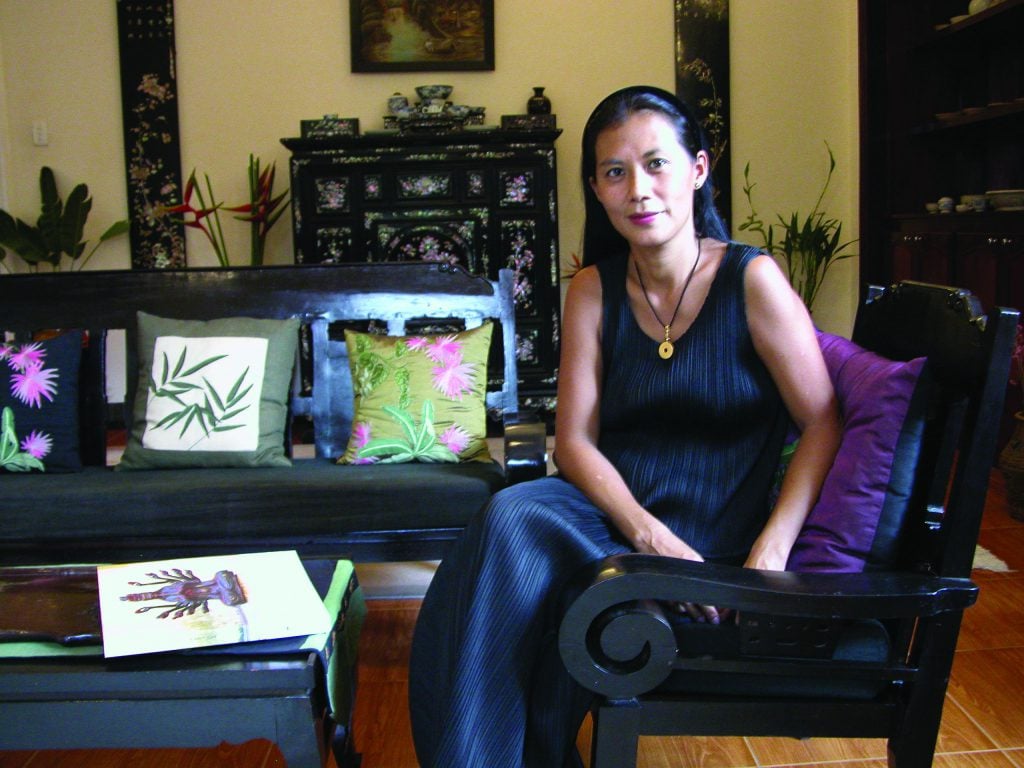



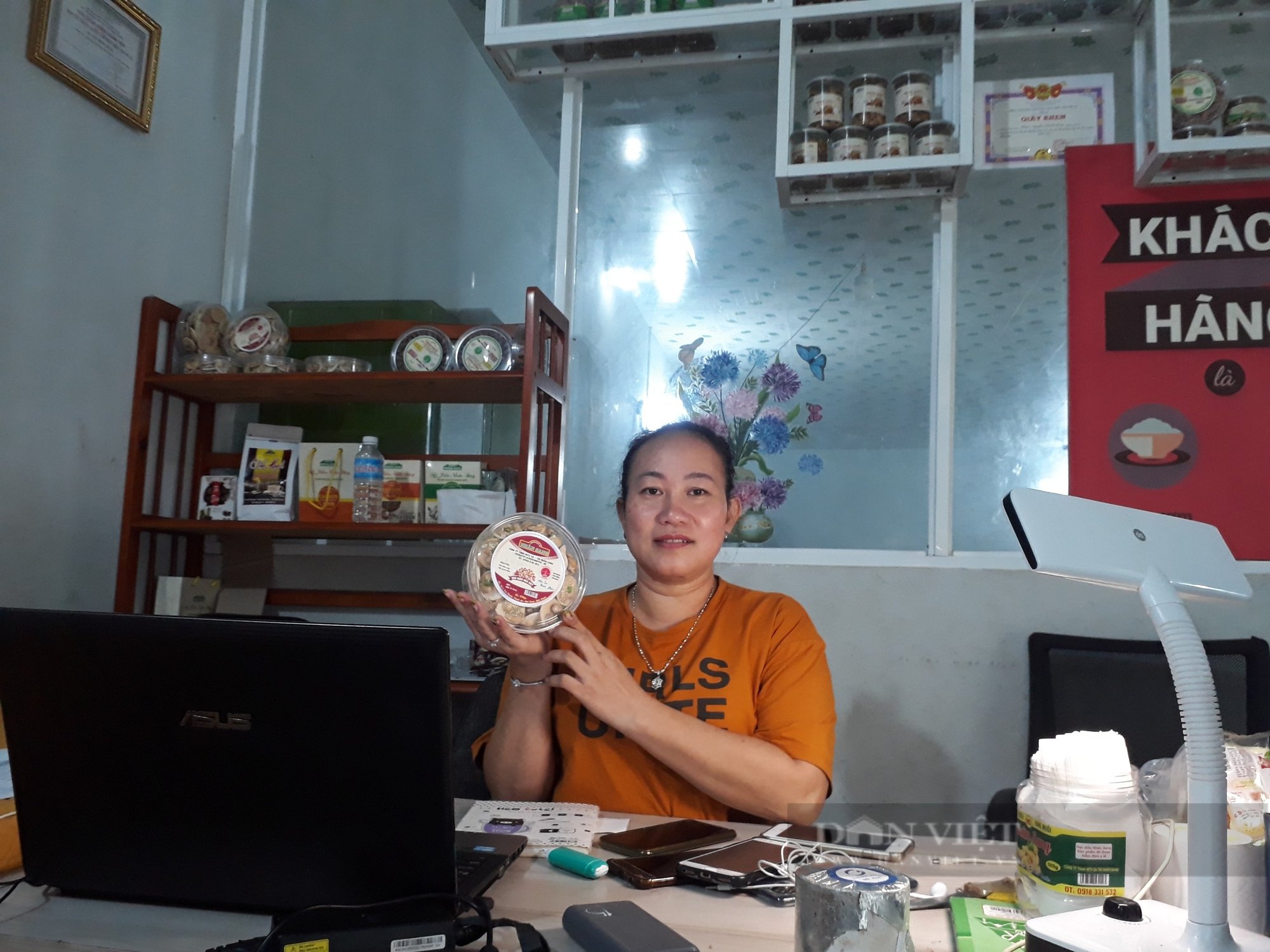

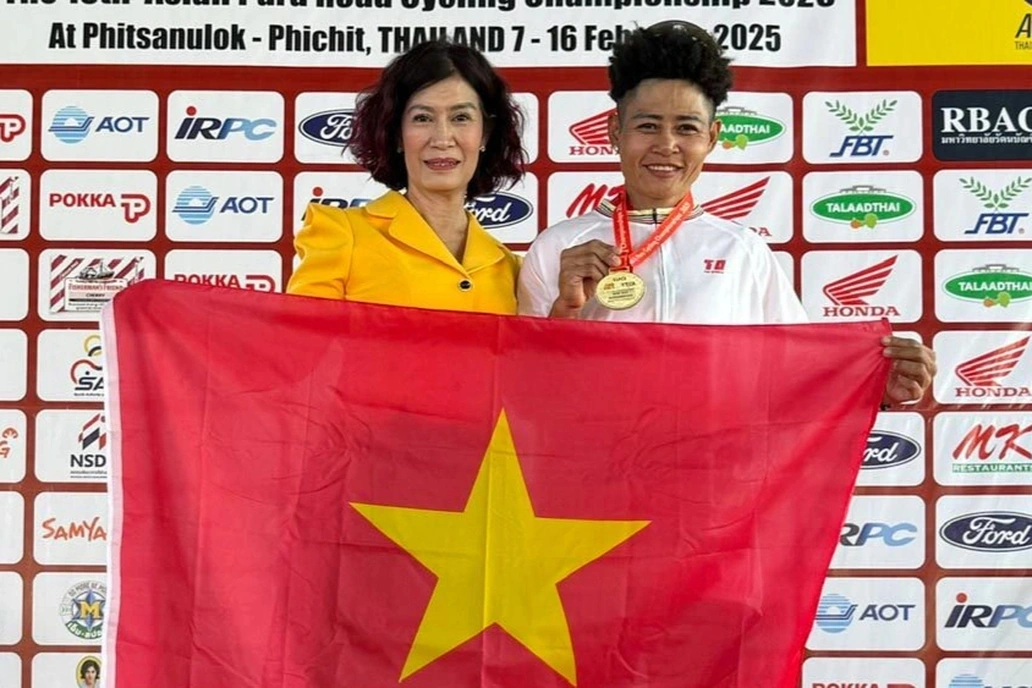




Comment (0)